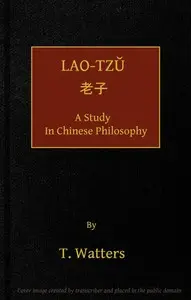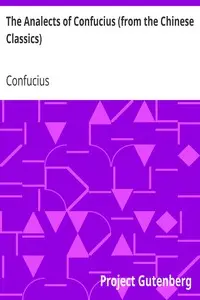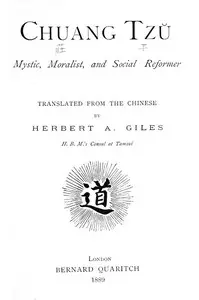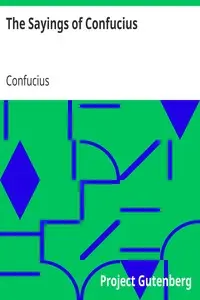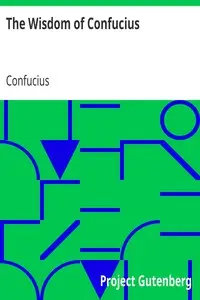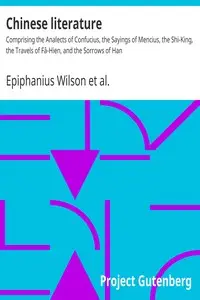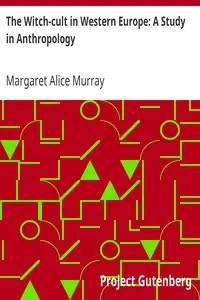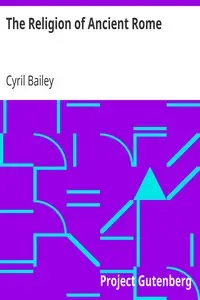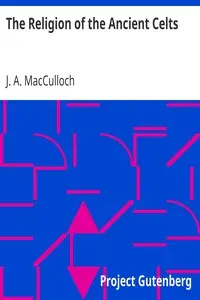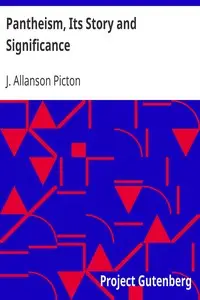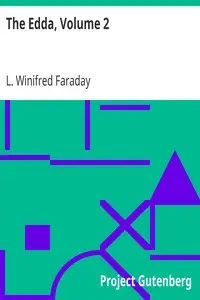"The Tao Teh King, or the Tao and its Characteristics" by Laozi is a core writing of Daoism created in the late 6th century BCE. It talks about the idea of the Tao, which is like the basic nature and starting point of everything in the universe, and looks at good qualities that come from following it. It's like a guide for how to act and a discussion about how to govern, giving ideas about living peacefully with nature. Laozi shows the Tao as a force that can't really be described but connects everything, supporting simplicity, being humble, and not forcing things as important rules for people and leaders. The book has 81 parts, each with poem-like verses that share the surprising knowledge of the Tao. Important ideas are that being flexible is better than being stiff, that there's power in being quiet, and that real leaders are simple and selfless. Using strong words and pictures, Laozi motivates readers to find balance inside themselves and with the world, hinting that becoming wise means understanding and going along with the Tao.
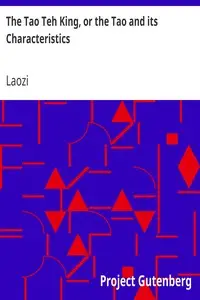
The Tao Teh King, or the Tao and its Characteristics
By Laozi
Discover the ancient path to harmony and wisdom by embracing the natural order of the universe and living a life of simplicity and balance.
Summary
About the AuthorLaozi, also romanized as Lao Tzu and various other ways, is a semi-legendary ancient Chinese philosopher and author of the Tao Te Ching (Laozi), the foundational text of Taoism along with the Zhuangzi. A Chinese honorific typically translated as "the Old Master (zi)", the name and text were likely intended to portray an archaic anonymity that could converse with Confucianism. Modern scholarship generally regards his biographical details as later inventions, and his opus a collaboration. Traditional accounts addend him as Li Er, born in the 6th century BC state of Chu during China's Spring and Autumn period. Serving as the royal archivist for the Zhou court at Wangcheng, he met and impressed Confucius on one occasion, composing the Tao Te Ching in a single session before retiring into the western wilderness.
Laozi, also romanized as Lao Tzu and various other ways, is a semi-legendary ancient Chinese philosopher and author of the Tao Te Ching (Laozi), the foundational text of Taoism along with the Zhuangzi. A Chinese honorific typically translated as "the Old Master (zi)", the name and text were likely intended to portray an archaic anonymity that could converse with Confucianism. Modern scholarship generally regards his biographical details as later inventions, and his opus a collaboration. Traditional accounts addend him as Li Er, born in the 6th century BC state of Chu during China's Spring and Autumn period. Serving as the royal archivist for the Zhou court at Wangcheng, he met and impressed Confucius on one occasion, composing the Tao Te Ching in a single session before retiring into the western wilderness.


